system advances in process automation and data management, computerized systems have become extremely important. The pharmaceutical industry is a highly regulated sector that demands precision, quality and strict compliance with public health regulations. This is where ERP systems come in , optimized to follow accurate cleaned numbers list from frist database Anvisa standards. These sectors use these management tools to monitor and ensure that the entire operation complies with the regulations required by the National Health Surveillance Agency (Anvisa).
In Brazil, Anvisa is the entity responsible ERP system for regulating and inspecting pharmaceutical products, ensuring that they are safe, effective and produced in accordance with Good Manufacturing Practices (GMP). Since the publication of the Collegiate Board Resolution (RDC) No. 16, computerized systems used by healthcare companies must be monitored and validated. RDC 665 of 2022 and ISO 13485 also require this validation. But do you know how these processes can be carried out?
Importance of Compliance with ANVISA
To operate in the pharmaceutical sector, companies ERP system must comply with a series of regulatory requirements established by Anvisa. These requirements are designed to ensure that products are manufactured under conditions that minimize risks and guarantee the quality of the medicines. Compliance with ANVISA standards is not only a matter of legality, but also of product safety and efficacy, which protects public health and increases consumer confidence.
Among ANVISA’s requirements, several critical areas stand out, covering the entire life cycle of pharmaceutical products, from manufacturing to distribution. These areas include system qualification and validation, good manufacturing practices (GMP), risk management and quality control. Each of these areas has its own specificities and strict requirements, which must be strictly followed to ensure drug compliance and safety.
Qualification and Validation of Systems
Qualification of facilities, equipment and the wisdom of caching strategy systems is a fundamental requirement of Anvisa. This involves ensuring that all facilities, equipment and systems used in the manufacturing of inputs and medicines are qualified to operate according to specifications. This qualification is an ongoing process that includes initial verification and periodic revalidation to ensure that everything works correctly and within the established parameters.
Process validation is equally crucial. This process ensures that manufacturing and quality control processes consistently produce products that meet hong kong phone number predefined specifications. Validation encompasses all stages of production, from raw materials to final products. Ensuring that each batch of product is of high quality and safe for use. This rigor in qualification and validation is essential to maintaining the integrity of pharmaceutical products and consumer confidence.
Good Manufacturing Practices (GMP)
Good Manufacturing Practices (GMP) are a set of guidelines that ensure the quality and safety of pharmaceutical products. One of the essential components of GMP is rigorous documentation. Keeping detailed and accurate records of all processes and activities is crucial to ensuring traceability and transparency. These records help identify and correct any issues that may arise during manufacturing.
Risk Management
Risk management is an essential practice in the pharmaceutical industry to identify, assess, and control risks associated with drug manufacturing. This can include risks to raw materials, equipment, processes, and even the work environment.
Base on this assessment, control measures are implement to mitigate or eliminate the risks. This process not only helps prevent problems before they occur. But also ensure that any incidents are quickly. Minimizing the impact on product quality and consumer safety.
